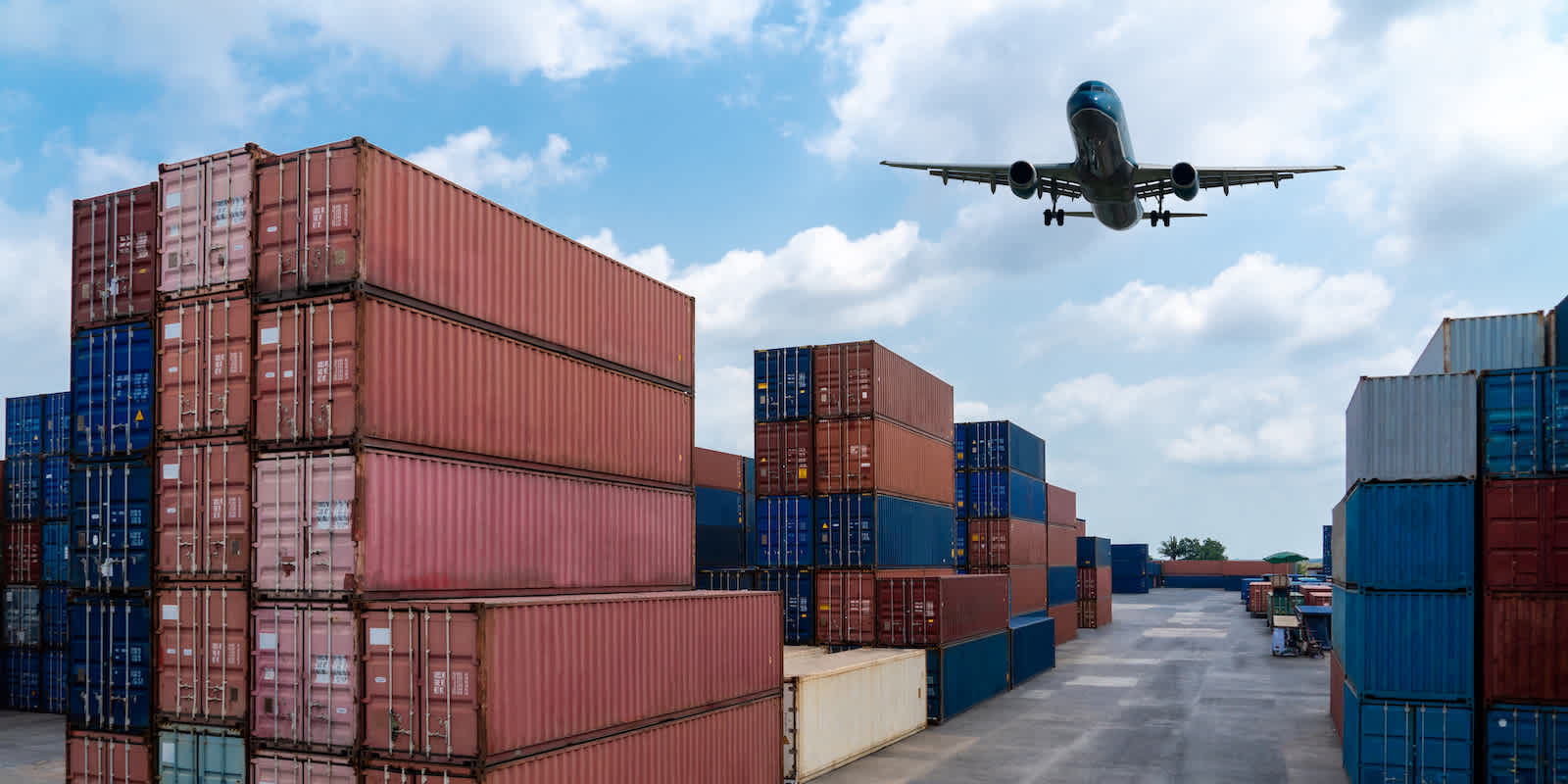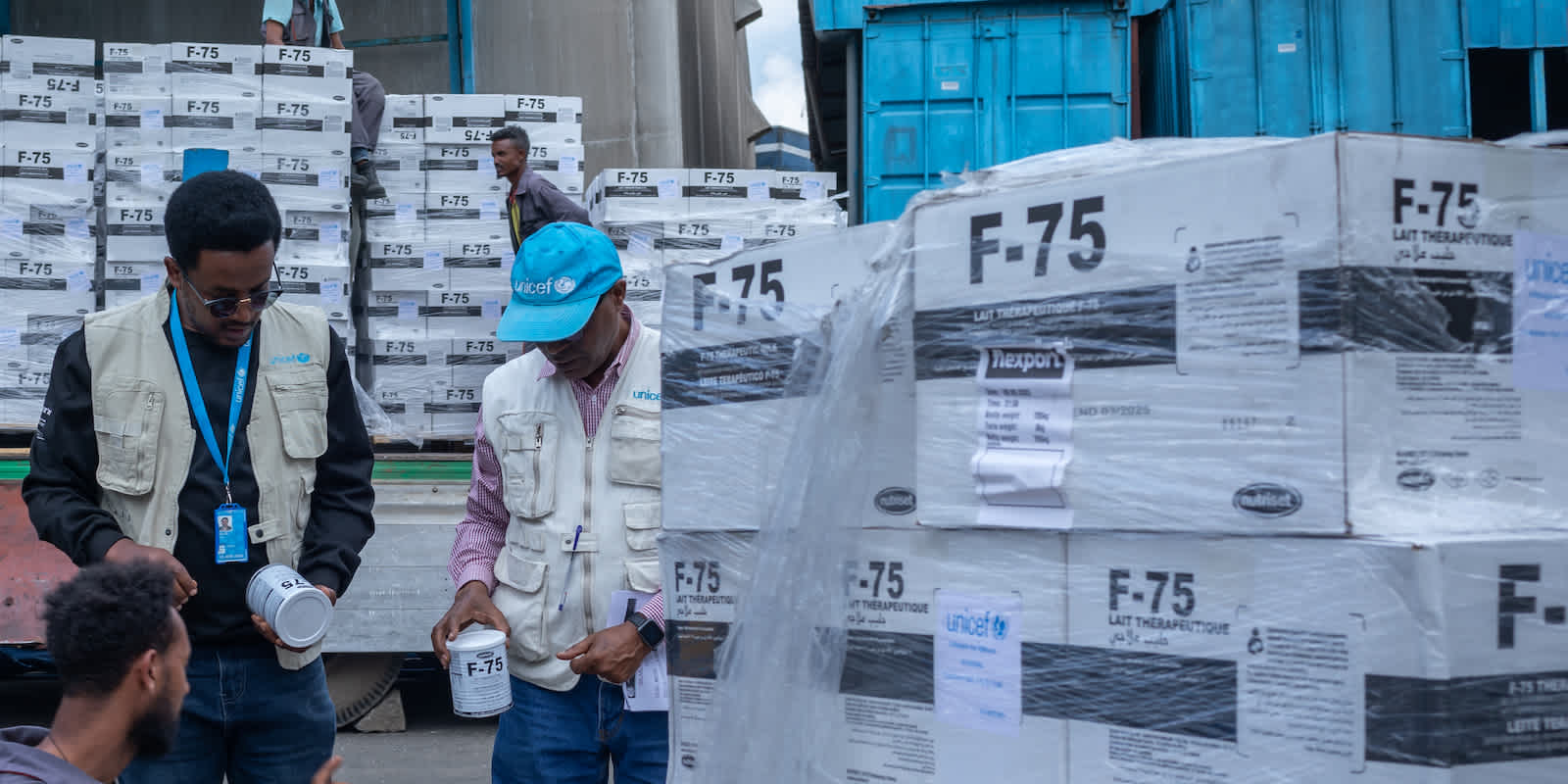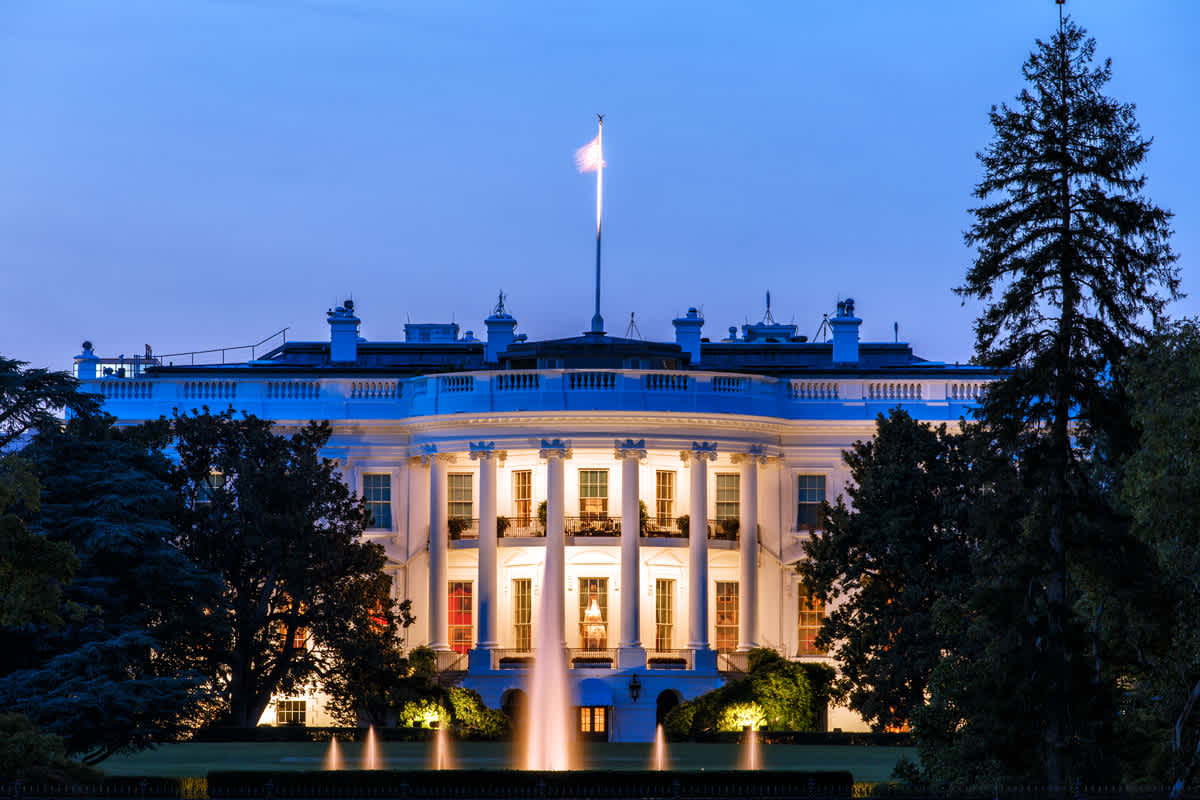
July 27, 2023
How Importers Can Leverage MPF Consolidation to Cut Costs
How Importers Can Leverage MPF Consolidation to Cut Costs
In the world of imports, duties are a well-known expense. They're an unavoidable part of the game, and there are well-known strategies for reducing them. However, another lesser-known, but no less significant, cost comes from customs fees like the Merchandise Processing Fee (MPF). And like with duties, this fee can be mitigated using a strategy called MPF consolidation.
MPF is levied by U.S. Customs and Border Protection on the vast majority of imported goods. It's calculated as a percentage of the value of the merchandise, up to a maximum limit. That last part is key and where MPF consolidation comes into play. By grouping what would have been multiple entries together, you can reach the maximum limit faster and only pay it once, instead of multiple times (once for each entry). For instance, instead of paying the maximum fee of $575 five times for five entries, you could theoretically consolidate those entries into one and save $2000. This savings is typically more than what you'd pay your brokers.
However, while chasing the benefits of MPF consolidation, importers must not overlook the potential hazards. For example, if one container in a group of consolidated entries is pulled for inspection, all others grouped with it will be inspected as well—leading to potential delays. Moreover, consolidation requires every entry to be under one importer of record, and to be arriving on a single conveyance. That means the same person or company doing the importing must have all their goods arriving at the same place at the same time on the same vessel (cargo ship or plane).
Now, while this may sound daunting at first, the reality is that many importers can benefit from it and it often doesn't cost the importer anything extra. It simply requires a customs broker willing to manage this for them. Unlike options for mitigating duties and fees, such as the Foreign Trade Zone (FTZ)—consolidation doesn't require applying for permits, investing in bond facilities, or maintaining specialized warehouses.
While FTZs allow you to consolidate all weekly entries into one entry and pay MPF once for the week instead of on every shipment, setting up an FTZ can take years. You'd need to work with customs, undergo audits, and invest significantly. In contrast, MPF consolidation offers much of the benefit of an FTZ without the associated investment or hassle.
This makes MPF consolidation a particularly appealing strategy for smaller importers. They can often enjoy the benefits of reduced import fees without necessarily incurring any additional costs. As global trade continues to evolve and businesses look for ways to optimize their operations, understanding and leveraging strategies like MPF consolidation becomes increasingly critical.
Reach out to our Customs Business Development team to learn more about MPF consolidation, or watch our recent webinar for a deeper dive into the topic.







